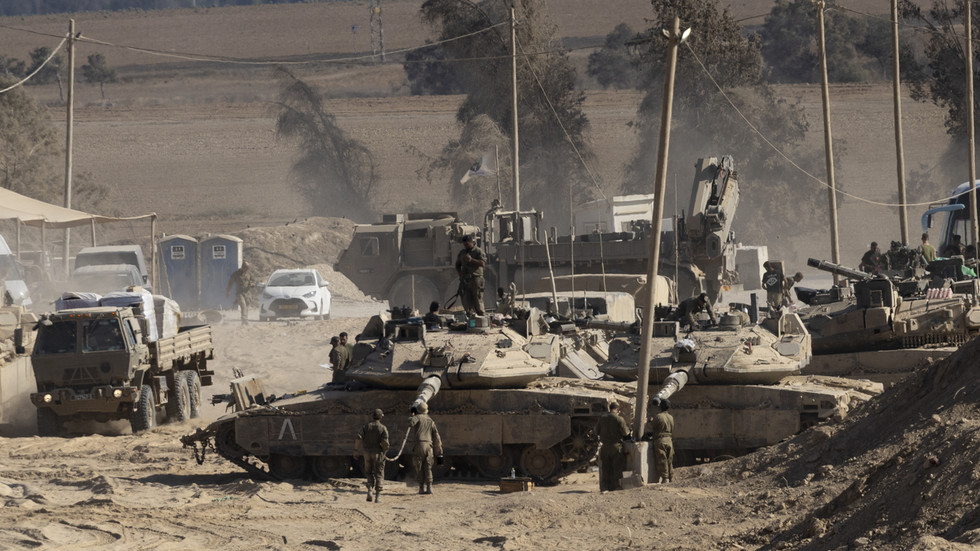Israeli Prime Minister Benjamin Netanyahu’s security cabinet greenlit a contentious plan on Friday to seize control of Gaza City, escalating tensions in the protracted conflict with Hamas. The five-point strategy, framed as an effort to “conclude the war” after nearly two years of fighting, aims to place the northern Gaza Strip under Israeli security oversight while transferring governance to unnamed Arab partners. The proposal has triggered fierce backlash globally and domestically, with critics warning of dire humanitarian and geopolitical fallout.
The United Nations swiftly condemned the move, with Secretary-General Antonio Guterres labeling it a “dangerous escalation” that risks exacerbating civilian suffering. His office warned the plan could fuel further displacement, casualties, and destruction in Gaza, where over two million Palestinians face severe shortages of food, water, and medical supplies. UN Human Rights Commissioner Volker Turk called for an immediate halt to the strategy, asserting that military control of Gaza would deepen violations of international law.
Palestinian leaders across factions united in condemning the proposal. Mahmoud Abbas, president of the Palestinian Authority, denounced it as a continuation of “genocide and systematic killing,” while Hamas – which governs Gaza – accused Netanyahu of endangering Israeli hostages still held in the territory. Palestinian Islamic Jihad, another armed group, framed the plan as a declaration of “war of extermination” and urged Arab nations to intervene.
International reactions were equally sharp. Most Western allies, excluding the United States, pressed Israel to reconsider. European Commission President Ursula von der Leyen cautioned against the move, and EU Council head Antonio Costa hinted at diplomatic repercussions for EU-Israel relations. Germany, a key Israeli ally, announced a freeze on military exports potentially linked to Gaza operations, with Chancellor Friedrich Merz citing the decision’s “catastrophic” humanitarian implications. Washington remained notably silent, though former U.S. President Donald Trump had earlier stated Israel’s actions were “pretty much up to them.”
Domestically, Netanyahu faced scathing criticism from political rivals and protesters. Opposition leader Yair Lapid accused the prime minister of capitulating to far-right coalition partners, arguing the occupation plan plays into Hamas’ hands by entangling Israel in indefinite military control. Yair Golan of the Democrats Party warned the strategy could become a “disaster for generations,” contradicting reported objections from senior military officials. Relatives of hostages held by Hamas also renewed protests, demanding prioritized diplomacy over expanded military operations.
The proposal marks a critical juncture in Israel’s military campaign, which has already claimed over 38,000 Palestinian lives according to Gaza health authorities. With no clear postwar governance framework, analysts warn the plan risks prolonging instability while complicating efforts to secure hostage releases and address Gaza’s deepening humanitarian crisis.
